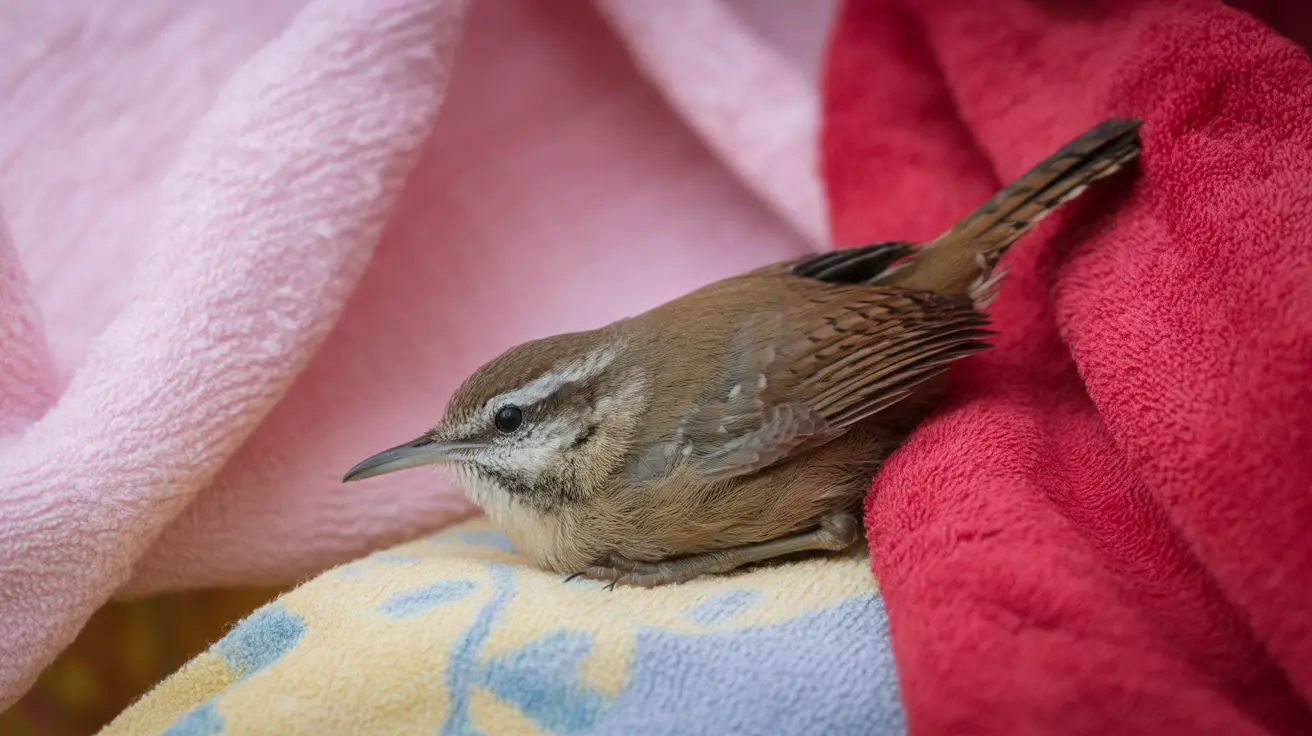While it may sound dramatic, the answer is yes - a dirty litter box can potentially kill a cat if serious complications are left untreated. This critical household maintenance issue goes far beyond mere inconvenience, posing several life-threatening health risks that every cat owner needs to understand.
In this comprehensive guide, we'll explore the severe dangers of neglected litter boxes, from immediate life-threatening conditions to long-term health complications that can severely impact your cat's wellbeing.
Life-Threatening Complications from Dirty Litter Boxes
The most immediate and dangerous risk from an unsanitary litter box is urinary tract obstruction (UTO), particularly in male cats. These blockages can become fatal within 24-48 hours if left untreated, as they prevent the elimination of toxic waste from the body.
When cats avoid using a dirty litter box or develop infections from unsanitary conditions, they become susceptible to bladder stones and severe urinary tract infections. These conditions can quickly escalate to complete blockages, leading to kidney failure and death if not addressed promptly.
Common Health Issues Caused by Poor Litter Box Maintenance
Urinary Tract Problems
Dirty litter boxes frequently lead to urinary tract infections (UTIs) as bacteria from accumulated waste enters the cat's urethra. Signs of UTIs include:
- Frequent urination attempts
- Blood in urine
- Crying while urinating
- Urinating outside the litter box
- Excessive grooming of the genital area
Respiratory Issues
Ammonia buildup from decomposing waste can cause severe respiratory problems. Cats may experience:
- Chronic coughing
- Breathing difficulties
- Aggravation of existing asthma
- Inflammation of the airways
The Hidden Dangers: Parasites and Infections
Dirty litter boxes become breeding grounds for dangerous parasites and infections. Toxoplasmosis, roundworms, and hookworms can all thrive in unsanitary conditions, potentially leading to:
- Severe gastrointestinal issues
- Weight loss
- Lethargy
- Systemic infections
Prevention and Proper Maintenance
To prevent these potentially fatal complications, maintain a strict cleaning schedule:
- Scoop waste at least once daily
- Completely change litter weekly
- Deep clean the box monthly
- Provide multiple boxes in multi-cat households
Consider investing in high-quality litter and boxes that make maintenance easier. Self-cleaning litter boxes can help, but they still require regular monitoring and maintenance.
Frequently Asked Questions
Can a dirty litter box cause life-threatening urinary blockages in cats?
Yes, dirty litter boxes can lead to urinary tract infections and inflammation that may cause life-threatening blockages, especially in male cats. These blockages can become fatal within 24-48 hours if not treated.
What health problems can cats develop from using a dirty litter box?
Cats can develop various health issues including urinary tract infections, kidney problems, respiratory issues, parasitic infections, and behavioral problems from dirty litter boxes.
How does ammonia buildup from a dirty litter box affect my cat's respiratory health?
Ammonia from decomposing waste can irritate your cat's respiratory system, causing coughing, sneezing, and breathing difficulties. It can also worsen existing conditions like asthma.
Can a dirty litter box transmit parasites or infections to my cat and family?
Yes, dirty litter boxes can harbor parasites like toxoplasmosis, roundworms, and hookworms that can infect both cats and humans, particularly those with compromised immune systems.
What is the best litter box cleaning routine to prevent health risks for my cat?
The best routine includes daily scooping, weekly litter replacement, monthly deep cleaning, and maintaining multiple boxes in multi-cat households. Always wash hands after cleaning and consider wearing gloves.
Conclusion
The potential for a dirty litter box to cause fatal complications in cats is a serious concern that shouldn't be overlooked. By understanding these risks and maintaining proper litter box hygiene, you can protect your cat from severe health issues and ensure their long-term wellbeing.
Remember, prevention is always better than treatment. If you notice any changes in your cat's litter box habits or health, consult your veterinarian immediately, as early intervention can mean the difference between life and death.






